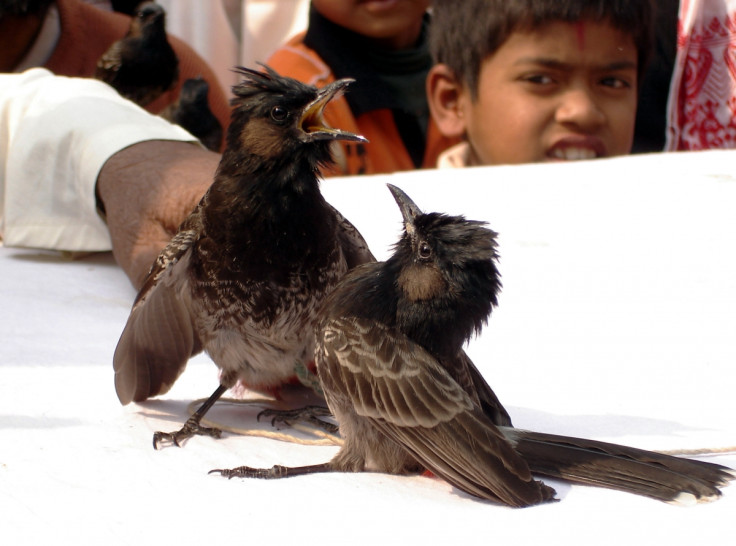India: Guwahati High Court stays bulbul fight, protests errupt in Assam

Close on the heels of the stay ordered by the Supreme Court of India on the bull-taming sport of Jallikattu in the southern state of Tamil Nadu, the Guwahati High Court in the north-eastern state of Assam has prohibited bulbul fights, which local communities are protesting against.
In a case between the Assam government and the Hayagriva Nadhava temple management, the high court in December 2015 had ruled that the tradition would continue. However, after the Animal Welfare Board of India challenged the decision, the court stayed the order on 12 January, prohibiting bulbul fights.
The head priest of the temple – called a Doloi – resorted to an indefinite hunger strike after the ruling. He said that the court order has hurt the religious sentiments of the people. "We are not against the court order, but we are hurt because the bulbul fight is part of the religious traditions of our temple. Moreover, we take utmost care of the birds and release them after the fights are over," said Doloi of the temple, Shiva Prasad Sarma.
The move to ban the bird fight commenced in January 2015 when the Assam government had banned the bulbul fight citing Supreme Court orders. The temple committee challenged the verdict on 22 December 2015 and a single judge bench stayed the government's decision of banning the fight.
Bulbul fights are usually organised on the day of Makara Sankarnti on 14-15 January, which coincides with the Bogali Bihu, the harvest festival of Assam. During the festival time, the people in neighbouring villages of the temple catch bulbul hatchlings, rear them and then hold fights. The birds do sustain injuries in the fights. But once the fight is over, the birds are set free.
© Copyright IBTimes 2024. All rights reserved.





